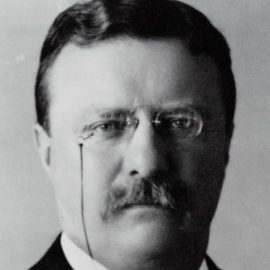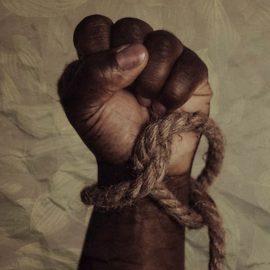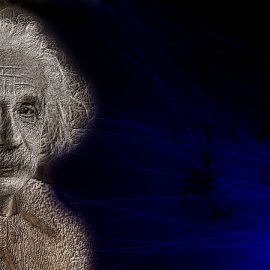

This article is an excerpt from the Shortform book guide to "Strangers In Their Own Land" by Arlie Russell Hochschild. Shortform has the world's best summaries and analyses of books you should be reading.
Like this article? Sign up for a free trial here .
What is the welfare state? Why do conservatives distrust and dislike the welfare state?
The “welfare” state refers to government social systems like disability, unemployment, and more. The welfare state also includes public services like the Post Office and infrastructure. Conservatives believe that others, like glamorous “welfare queens” take advantage of government hand-outs while they struggle and work hard for their money.
Read more about the conservative views on the welfare state below.
Against the Welfare State
A pillar of conservatives beliefs is that conservatives are against the welfare state. They view the welfare system as handouts that are given to the undeserving, while they work hard and have their money stolen by taxes.
Against “Poor Me”
Although they claim to harbor no racial animostiy, many Tea Party conservatives describe their opposition to the welfare state in highly racialized terms. In attacking affirmative action, he says that no one should be hired for a job simply to fill racial quotas, and that there are plenty of jobs available for those willing to work.
Deep personal stories often inform people’s political views, and it’s no different for those on the right like Mayor Hardey. He claims that he was able to work his way up from relative poverty because his job at the Phillips 66 manufacturing plant gave him an opportunity to prove himself and take personal responsibility for his life—and that immigrants and racial minorities face no barriers that prevent them from doing the same, without government handouts from the welfare system.
Hardey’s belief in his own deep story and the role that he believes industry played in his own success are what shapes his anti-government politics. Decrying what he describes as a culture of “poor me,” he views all programs designed to ameliorate poverty and redress economic inequality as unjust handouts to the lazy and undeserving.
Example: Lee Sherman and Cancer
Beyond just the loss of fishing and agriculture, Louisiana’s environmental degradation has also brought soaring rates of illness and death to state residents.
A well-documented “cancer cluster,” Louisiana boasts the ignominious distinction of having America’s second-highest cancer rate for men, and the fifth-highest male death rate for cancer. One resident of Bayou D’Inde named Harold Areno (who lives downstream from where Lee Sherman dumped his barrels of chemicals) has seen his sisters, brother-in-law, mother, and neighbors all die of cancer in their forties and fifties (he and his wife are themselves cancer survivors).
Notably, no members of the family from earlier generations developed cancer. The wave of sickness and death began with the arrival of industry.
When we look at these deeper underlying attitudes, blue-collar conservative voting behavior begins to make more sense.
Despite Lee Sherman’s ordeal (which we discussed in earlier posts) and his outrage at his treatment by the petrochemical industry, he remains a living embodiment of the conservative paradox. Although he is a direct victim of the unregulated capitalism that he so vehemently champions, he refuses to see himself or his life story in such terms.
Instead, he is an ardent Tea Party supporter who canvasses for right-wing Republican politicians and rails against high taxes and a Democratic Party that he believes exists to steal his hard-earned money and give it to the undeserving and lazy poor.

———End of Preview———
Like what you just read? Read the rest of the world's best book summary and analysis of Arlie Russell Hochschild's "Strangers In Their Own Land" at Shortform .
Here's what you'll find in our full Strangers In Their Own Land summary :
- What drives right-wing politics in America
- How a lack of empathy is increasing the partisan divide
- Why Republican politicians remain popular even if their policies don't help their voters






